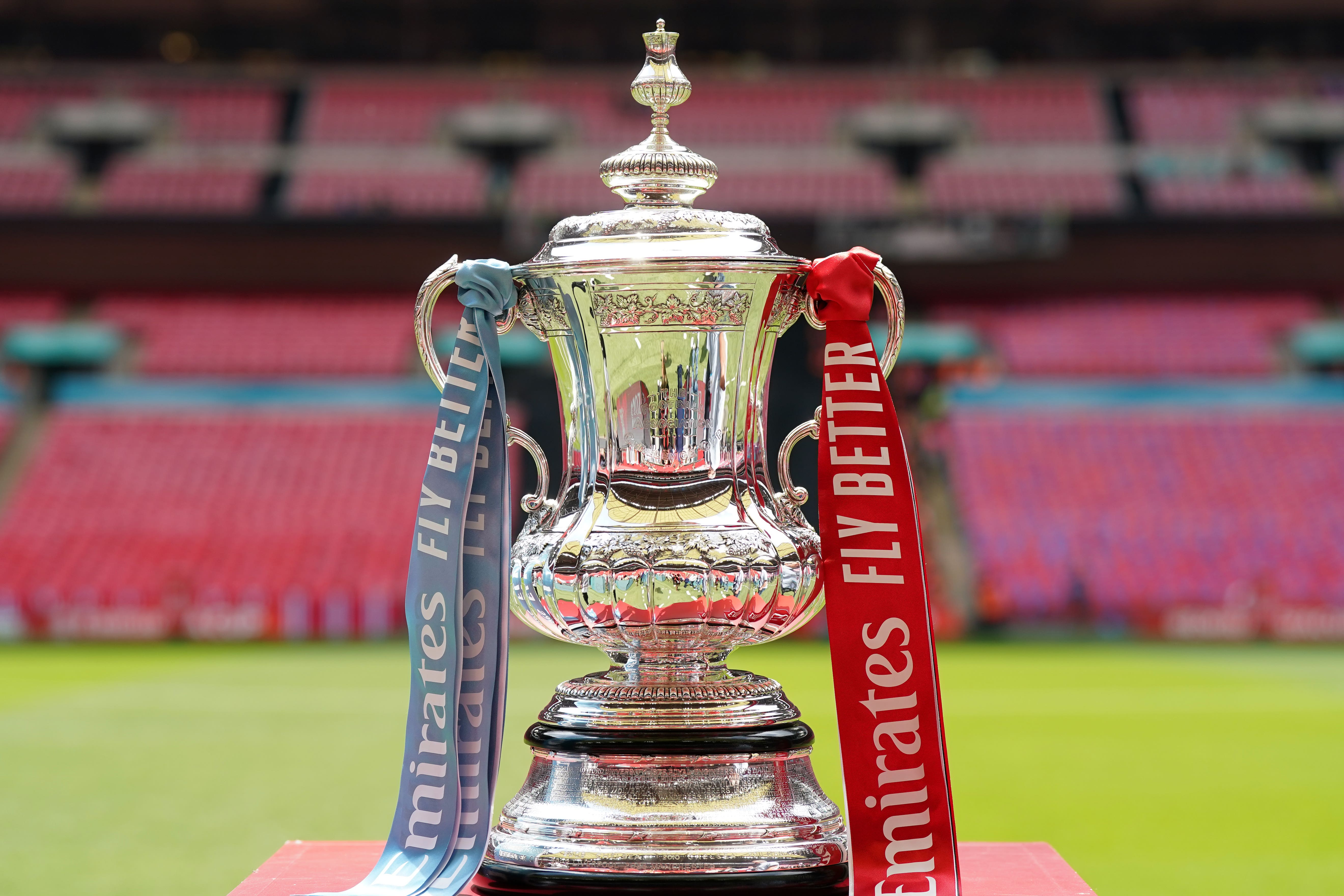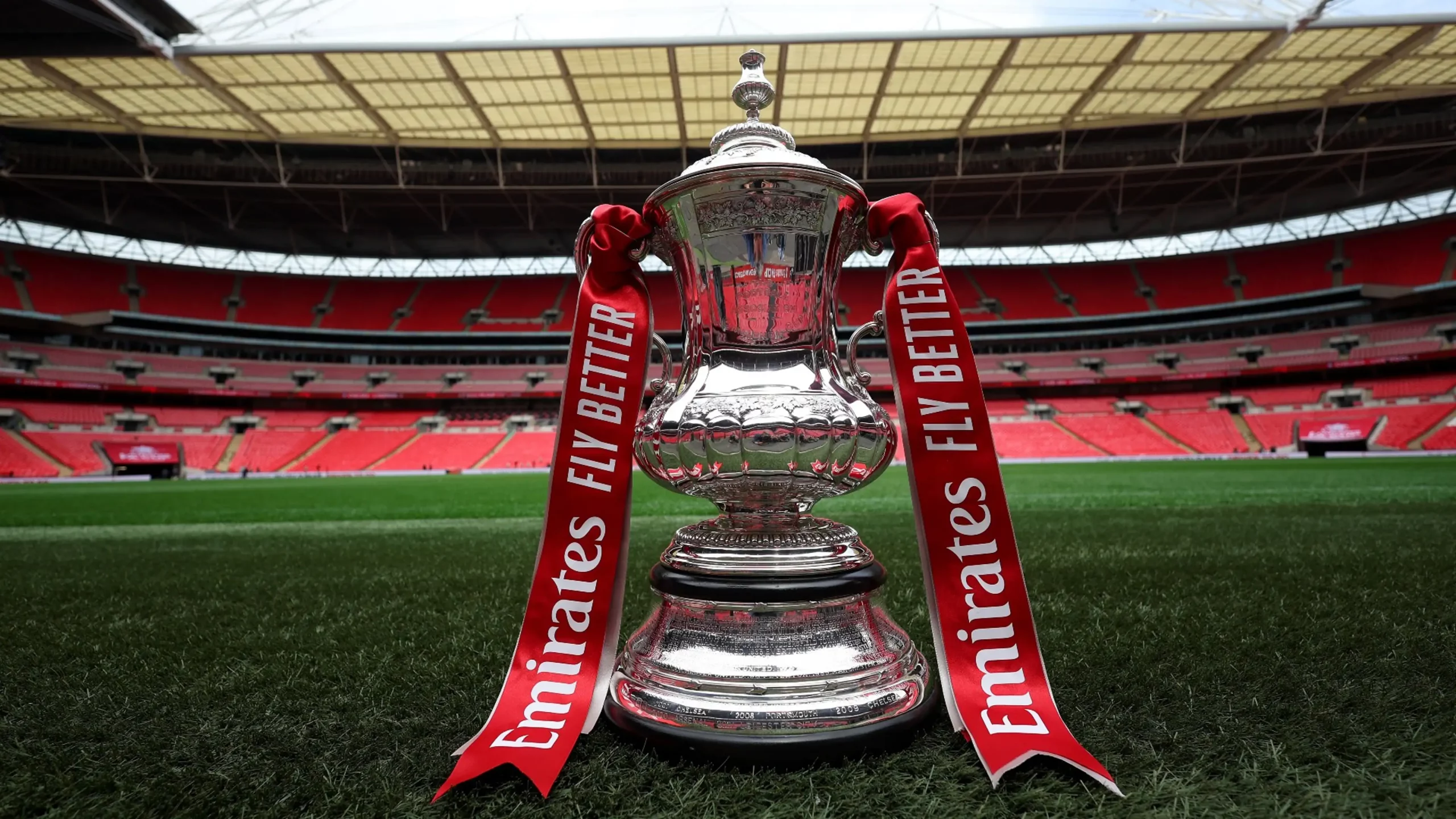Premier League vs FA Cup: The rivalry between England’s top-flight league and its oldest knockout competition is a captivating study in contrasting styles, ambitions, and legacies. While the Premier League offers a relentless, season-long battle for supremacy, the FA Cup provides a dramatic, unpredictable path to glory for clubs of all levels. This comparison delves into the historical context, format, tactical approaches, financial implications, and cultural impact of these two titans of English football.
From their distinct origins and evolutions to the differing tactical approaches employed by managers, the Premier League and FA Cup present a fascinating dichotomy. The financial rewards, player impact, and fan engagement also differ significantly, shaping the unique character of each competition and their respective places in the heart of English football culture. We’ll examine these contrasts and explore how both competitions have shaped the modern game.
Premier League vs. FA Cup: A Comparative Analysis: Premier League Vs Fa Cup
The English football landscape is dominated by two major competitions: the Premier League and the FA Cup. While both contribute significantly to the nation’s footballing identity, they differ considerably in their history, format, and overall impact. This analysis compares and contrasts these two titans of English football, examining their evolution, structure, tactical approaches, financial implications, and cultural significance.
Historical Context
The FA Cup, founded in 1871, is the oldest national football competition in the world. Its origins lie in the burgeoning popularity of the sport in 19th-century England, initially featuring amateur and professional clubs alike. The Premier League, in contrast, emerged much later, launching in 1992 as a breakaway from the Football League. This marked a significant shift towards a more commercially driven and globally televised league.
Key milestones for the FA Cup include the early dominance of amateur clubs, the introduction of replays, and the growth of the competition into a major national event. The Premier League’s milestones include the introduction of lucrative television deals, the rise of global superstars, and its evolution into one of the most watched and lucrative leagues worldwide.
A simplified timeline highlights these key developments:
- 1871: FA Cup founded.
- 1992: Premier League launched.
- Early 2000s: Both competitions see significant increases in television revenue and global popularity.
- Present Day: Both competitions remain highly competitive and influential in the global football landscape.
Format and Structure
The Premier League operates on a league format with 20 teams playing each other twice (home and away) over a 38-game season. Teams are ranked based on points accumulated, with the bottom three teams relegated to the Championship and the top three teams from the Championship promoted. The FA Cup, a knockout competition, involves teams from various levels of the English football pyramid, starting with qualifying rounds for lower-league clubs.
Teams are drawn randomly, leading to unpredictable matchups. The competition culminates in a single final match at Wembley Stadium.
The Premier League season spans from August to May, while the FA Cup runs concurrently, from August to May with the final being played in late May or early June. The Premier League has a far more structured and predictable schedule compared to the FA Cup’s unpredictable draw-based structure.
Find out further about the benefits of how much is premier league cup worth that can provide significant benefits.
Participating Teams
The Premier League exclusively features the top 20 professional clubs in England. The FA Cup, however, is open to a much wider range of teams, including semi-professional and amateur clubs, creating a unique opportunity for underdogs to compete against established giants. Premier League clubs often prioritize the league due to its financial implications and prestige, sometimes fielding weakened teams in the early rounds of the FA Cup.
Conversely, lower-league clubs view the FA Cup as a chance for significant exposure and financial rewards, often deploying their strongest possible lineups.
Tactical Approaches

Premier League matches often see more possession-based and strategically sophisticated tactics due to the higher level of competition and emphasis on consistent performance. The FA Cup, with its potential for unexpected upsets, can lead to more pragmatic approaches, with teams adapting their tactics based on their opponent’s strength and the stage of the competition. Teams may employ different formations and playing styles depending on the competition and their overall goals for the season.
For example, a Premier League team might prioritize a high-pressing style in the league, but a more defensive approach in an FA Cup tie against a lower-league opponent.
Player Impact and Performance, Premier league vs fa cup
A player’s performance in one competition can significantly influence their role in the other. Consistent strong performances in the Premier League can lead to increased playing time and opportunities in the FA Cup, while poor form might result in squad rotation and reduced participation. Squad rotation is common in both competitions, particularly for Premier League clubs managing a busy schedule.
This strategy allows managers to rest key players and manage player fatigue across the season. Individual player awards primarily focus on the Premier League, although the FA Cup winner’s medal holds significant prestige for participating players.
Financial Implications
Success in the Premier League brings significantly greater financial rewards than the FA Cup, primarily through television revenue and league position-based prize money. The FA Cup, while offering substantial prize money for the winner, cannot compare to the cumulative financial benefits of a successful Premier League campaign. Broadcasting rights, sponsorship deals, and commercial opportunities are all far more lucrative for Premier League clubs.
The table below illustrates the general differences in financial rewards.
| Competition | Prize Money | Broadcasting Rights | Sponsorship |
|---|---|---|---|
| Premier League | Millions (varying based on league position) | Hundreds of millions (shared amongst clubs) | Significant, varying based on individual club deals |
| FA Cup | Hundreds of thousands (winner’s share) | Shared amongst participating clubs, significantly less than Premier League | Limited compared to Premier League |
Fan Engagement and Cultural Impact
The Premier League and FA Cup offer distinct fan experiences. Premier League matches typically attract larger crowds and a more intense, consistent atmosphere throughout the season. The FA Cup, however, possesses a unique charm, particularly in its earlier rounds, where giant-killing moments and passionate support from smaller clubs create a special atmosphere. The FA Cup’s history and tradition, coupled with the potential for unexpected results, make it a significant part of English football culture.
- Premier League: High intensity, consistent atmosphere, global audience.
- FA Cup: David vs. Goliath matchups, underdog stories, strong sense of tradition.
Legacy and Influence
Both competitions have profoundly shaped English football. The Premier League’s global reach and financial power have transformed the sport, attracting top talent and investment. The FA Cup, despite its smaller financial rewards, retains its historical significance and continues to provide opportunities for smaller clubs and players. Both competitions have influenced player development, managerial strategies, and the overall structure of English football.
The Premier League’s global impact is undeniable, while the FA Cup’s enduring legacy lies in its contribution to the rich tapestry of English football history and its role as a platform for unexpected narratives.
Ultimately, the Premier League and FA Cup represent two sides of the same coin, both integral to the rich tapestry of English football. While the Premier League showcases consistent high-level competition and global appeal, the FA Cup embodies the romance of the underdog and the thrill of knockout football. Their enduring legacies continue to shape the development of players, managers, and the sport itself, ensuring that the debate over which competition reigns supreme will continue for generations to come.





